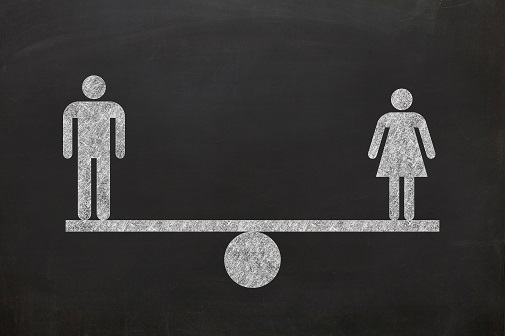This year, many feminist associations around the world called for a “March 8 strike” as part of International Women's Day. This initiative highlights, among other things, the lack of appreciation of unpaid work, which is notably carried out by women. What is the issue? How can taking unpaid work into account improve the planning and implementation of projects and public policies?

Women are more present on the labour market than before: thus, in France, the employment rate for women was 68.2% in 2019, compared with 52.7% in 1975 (Enquête Emploi (Employment Survey),INSEE). However, the reproduction of stereotypes and traditional gender roles remains decisive in the sexual division of labour and in men’s and women’s time management. Paid and unpaid working time is unevenly distributed: women generally provide a disproportionate share of unpaid work (housework, childcare and care of dependent people) and spend proportionally less time than men on paid work.In France, for example, women spend an average of 183 minutes on housework each day, while men spend only 105 minutes on it (INSEE, 2010).In other words, if you add up the total for the two groups, women do more work overall than men.
A question to take into account in public policies
These inequalities have a negative impact on participation by women in the political sphere and on their occupation of positions of responsibility or leadership – also called the “glass ceiling”. The recognition, reduction and redistribution of unpaid domestic work is therefore a condition for achieving gender equality, as established by Sustainable Development Goal 5.
To do this, it is necessary to take this question into account in the planning and implementation of projects and public policies. This issue is therefore a priority for the Gender Unit of the EUROsociAL+ programme, which carries out capacity-building initiatives for institutions in 19 Latin American countries to promote physical autonomy, economic autonomy and political autonomy for women, and gender mainstreaming.
In the economic sphere, the technical assistance provided by EUROsociAL+ also aims to finance public care policies by means of upgraded jobs, the promotion of equal pay, the involvement of men in domestic tasks and new masculinities.
Colombia: a tool to observe wage inequalities
The Gender Unit of EUROsociAL+ supported Colombia, for example, in the implementation of its equal pay law adopted in 2011, whose application presented difficulties. The team supported the Ministry of Labour in formulating a tool to monitor wage inequalities.
The formulation of this instrument was inspired by French (salary equality index, diagnosis of equal pay) and Belgian (Institute for the equality of women and men) experience, as well as the Equipares label on professional equality.
This proposal will be applied in the context of a pilot project in 2020 with different companies and will be proposed for validation by the authorities of the Ministry of Labour, companies and trade unions.



